40TH YEAR OF BUMA DEMOCRATIC PROTEST
입력 2019.10.17 (15:05)
수정 2019.10.17 (16:44)
읽어주기 기능은 크롬기반의
브라우저에서만 사용하실 수 있습니다.
[Anchor Lead]
On October 16 Korea marked the 40th anniversary of the democratic struggle in Busan and Masan to stand up against the Yushin regime. The struggle was lauded for playing a crucial role in overthrowing military dictatorship in Korea. Here's a look at why the struggle took place and its meaning in Korea's modern history.
[Pkg]
On the morning of October 16, 1979, leaflets criticizing the Yushin regime were scattered at Pusan National University. In a matter of seconds, some five thousand students got together to stage a rally. The student rally grew large enough to reach the downtown area of Busan, and many citizens joined in.
[Soundbite] LEE HYUN-HO(LEADER IN BUSAN-MASAN DEMOCRATIC STRUGGLE) : "When police came after us, we fled to the Gukje Market and hid in stores. Once we got in, the vendors closed their shutter doors and gave us water."
As the rally intensified, Park Chung-hee's Yushin regime declared martial law in Busan at midnight on October 18. But that did not discourage the protesters, who went on to spread their movement to the city of Masan. Although classes at Kyungnam University were cancelled, its students took to the streets, and were later joined by workers and civic groups. The Park Chung-hee regime deployed tanks to quell the protest using force. The protesters were subjected to unexplained detentions, forced confessions and even physical tortures.
[Soundbite] KIM KYUNG-HOON(PARTICIPANT OF BUSAN-MASAN DEMOCRACY STRUGGLE) : "I was about to black out. The pain was excruciating. I eventually passed out. They tried to grab my head, but I kept resisting because I knew I would die once they got hold of me. They kept pounding on one of my shoulders."
On October 20, five days after the protest began... The Park Chung-hee regime declared a garrison decree in Masan, and even deployed airborne troops. However, the move only prompted an internal feud within the Yushin regime, playing a crucial role in overthrowing military dictatorship. The uprising instigated by college students and the public put an end to the 18-year-long Yushin regime and sowed the seeds of democracy on Korean soil.
On October 16 Korea marked the 40th anniversary of the democratic struggle in Busan and Masan to stand up against the Yushin regime. The struggle was lauded for playing a crucial role in overthrowing military dictatorship in Korea. Here's a look at why the struggle took place and its meaning in Korea's modern history.
[Pkg]
On the morning of October 16, 1979, leaflets criticizing the Yushin regime were scattered at Pusan National University. In a matter of seconds, some five thousand students got together to stage a rally. The student rally grew large enough to reach the downtown area of Busan, and many citizens joined in.
[Soundbite] LEE HYUN-HO(LEADER IN BUSAN-MASAN DEMOCRATIC STRUGGLE) : "When police came after us, we fled to the Gukje Market and hid in stores. Once we got in, the vendors closed their shutter doors and gave us water."
As the rally intensified, Park Chung-hee's Yushin regime declared martial law in Busan at midnight on October 18. But that did not discourage the protesters, who went on to spread their movement to the city of Masan. Although classes at Kyungnam University were cancelled, its students took to the streets, and were later joined by workers and civic groups. The Park Chung-hee regime deployed tanks to quell the protest using force. The protesters were subjected to unexplained detentions, forced confessions and even physical tortures.
[Soundbite] KIM KYUNG-HOON(PARTICIPANT OF BUSAN-MASAN DEMOCRACY STRUGGLE) : "I was about to black out. The pain was excruciating. I eventually passed out. They tried to grab my head, but I kept resisting because I knew I would die once they got hold of me. They kept pounding on one of my shoulders."
On October 20, five days after the protest began... The Park Chung-hee regime declared a garrison decree in Masan, and even deployed airborne troops. However, the move only prompted an internal feud within the Yushin regime, playing a crucial role in overthrowing military dictatorship. The uprising instigated by college students and the public put an end to the 18-year-long Yushin regime and sowed the seeds of democracy on Korean soil.
■ 제보하기
▷ 카카오톡 : 'KBS제보' 검색, 채널 추가
▷ 전화 : 02-781-1234, 4444
▷ 이메일 : kbs1234@kbs.co.kr
▷ 유튜브, 네이버, 카카오에서도 KBS뉴스를 구독해주세요!
- 40TH YEAR OF BUMA DEMOCRATIC PROTEST
-
- 입력 2019-10-17 15:17:09
- 수정2019-10-17 16:44:45

[Anchor Lead]
On October 16 Korea marked the 40th anniversary of the democratic struggle in Busan and Masan to stand up against the Yushin regime. The struggle was lauded for playing a crucial role in overthrowing military dictatorship in Korea. Here's a look at why the struggle took place and its meaning in Korea's modern history.
[Pkg]
On the morning of October 16, 1979, leaflets criticizing the Yushin regime were scattered at Pusan National University. In a matter of seconds, some five thousand students got together to stage a rally. The student rally grew large enough to reach the downtown area of Busan, and many citizens joined in.
[Soundbite] LEE HYUN-HO(LEADER IN BUSAN-MASAN DEMOCRATIC STRUGGLE) : "When police came after us, we fled to the Gukje Market and hid in stores. Once we got in, the vendors closed their shutter doors and gave us water."
As the rally intensified, Park Chung-hee's Yushin regime declared martial law in Busan at midnight on October 18. But that did not discourage the protesters, who went on to spread their movement to the city of Masan. Although classes at Kyungnam University were cancelled, its students took to the streets, and were later joined by workers and civic groups. The Park Chung-hee regime deployed tanks to quell the protest using force. The protesters were subjected to unexplained detentions, forced confessions and even physical tortures.
[Soundbite] KIM KYUNG-HOON(PARTICIPANT OF BUSAN-MASAN DEMOCRACY STRUGGLE) : "I was about to black out. The pain was excruciating. I eventually passed out. They tried to grab my head, but I kept resisting because I knew I would die once they got hold of me. They kept pounding on one of my shoulders."
On October 20, five days after the protest began... The Park Chung-hee regime declared a garrison decree in Masan, and even deployed airborne troops. However, the move only prompted an internal feud within the Yushin regime, playing a crucial role in overthrowing military dictatorship. The uprising instigated by college students and the public put an end to the 18-year-long Yushin regime and sowed the seeds of democracy on Korean soil.
On October 16 Korea marked the 40th anniversary of the democratic struggle in Busan and Masan to stand up against the Yushin regime. The struggle was lauded for playing a crucial role in overthrowing military dictatorship in Korea. Here's a look at why the struggle took place and its meaning in Korea's modern history.
[Pkg]
On the morning of October 16, 1979, leaflets criticizing the Yushin regime were scattered at Pusan National University. In a matter of seconds, some five thousand students got together to stage a rally. The student rally grew large enough to reach the downtown area of Busan, and many citizens joined in.
[Soundbite] LEE HYUN-HO(LEADER IN BUSAN-MASAN DEMOCRATIC STRUGGLE) : "When police came after us, we fled to the Gukje Market and hid in stores. Once we got in, the vendors closed their shutter doors and gave us water."
As the rally intensified, Park Chung-hee's Yushin regime declared martial law in Busan at midnight on October 18. But that did not discourage the protesters, who went on to spread their movement to the city of Masan. Although classes at Kyungnam University were cancelled, its students took to the streets, and were later joined by workers and civic groups. The Park Chung-hee regime deployed tanks to quell the protest using force. The protesters were subjected to unexplained detentions, forced confessions and even physical tortures.
[Soundbite] KIM KYUNG-HOON(PARTICIPANT OF BUSAN-MASAN DEMOCRACY STRUGGLE) : "I was about to black out. The pain was excruciating. I eventually passed out. They tried to grab my head, but I kept resisting because I knew I would die once they got hold of me. They kept pounding on one of my shoulders."
On October 20, five days after the protest began... The Park Chung-hee regime declared a garrison decree in Masan, and even deployed airborne troops. However, the move only prompted an internal feud within the Yushin regime, playing a crucial role in overthrowing military dictatorship. The uprising instigated by college students and the public put an end to the 18-year-long Yushin regime and sowed the seeds of democracy on Korean soil.
이 기사가 좋으셨다면
-
좋아요
0
-
응원해요
0
-
후속 원해요
0










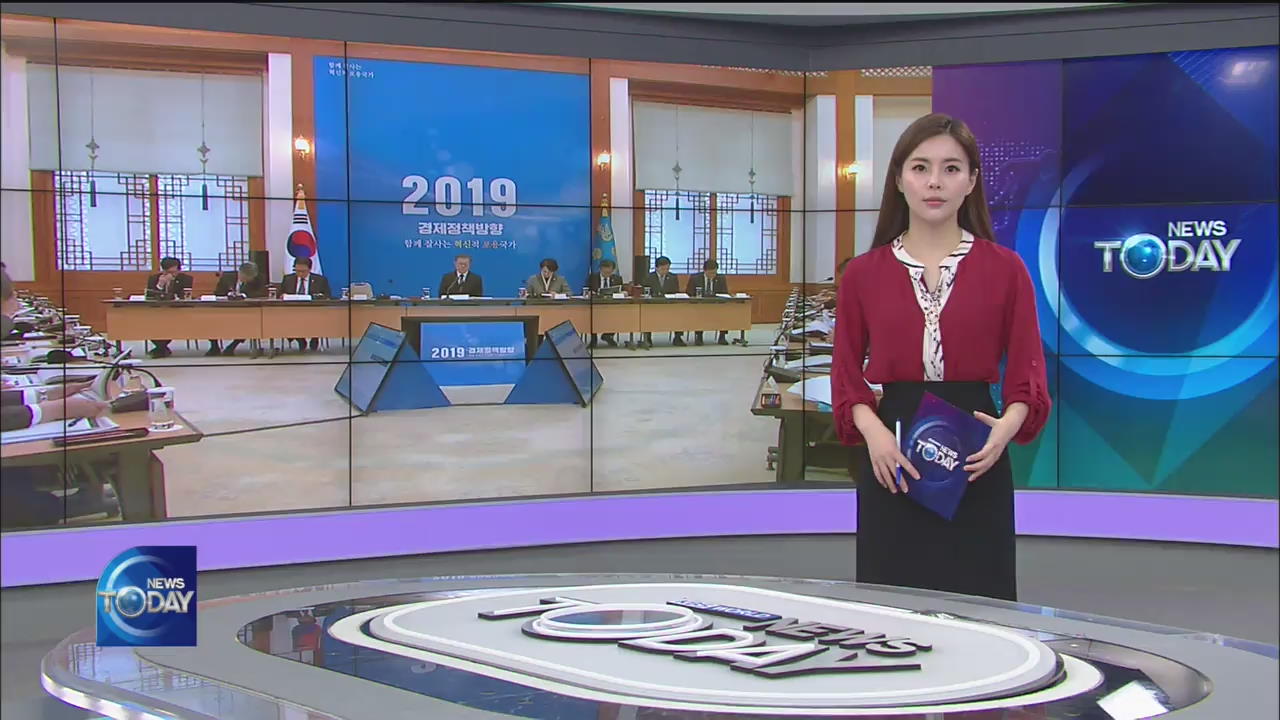
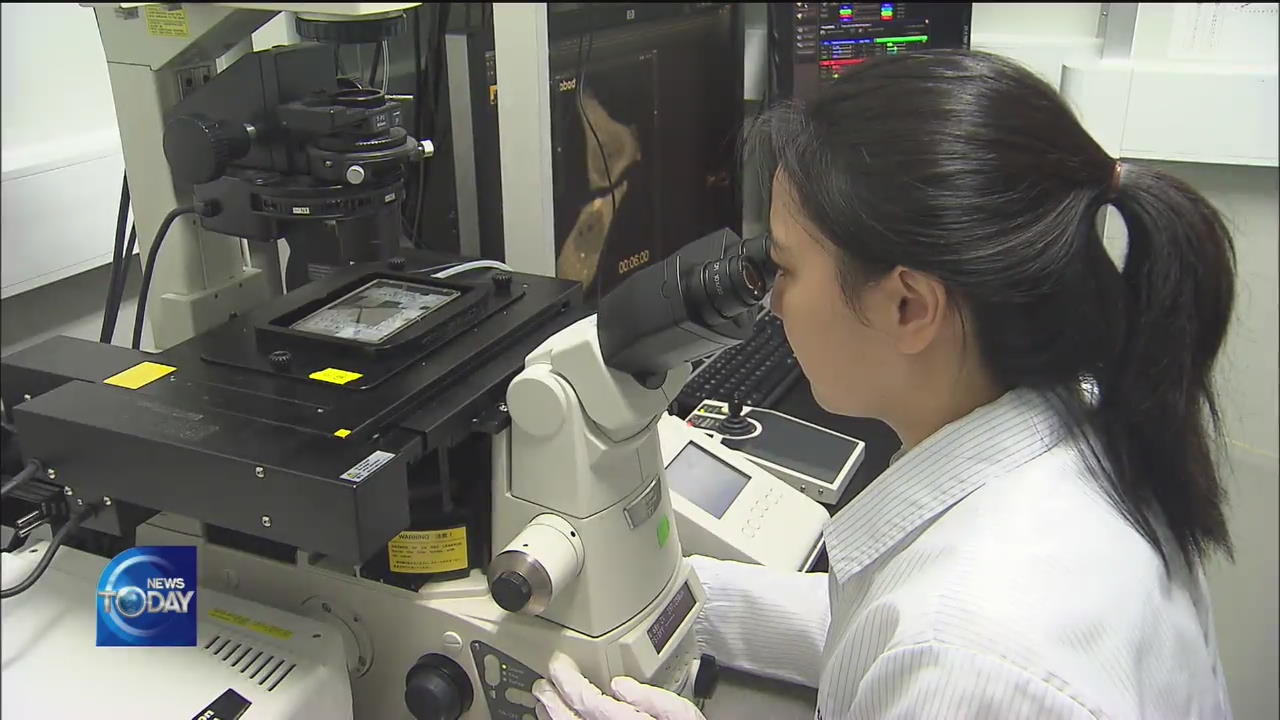
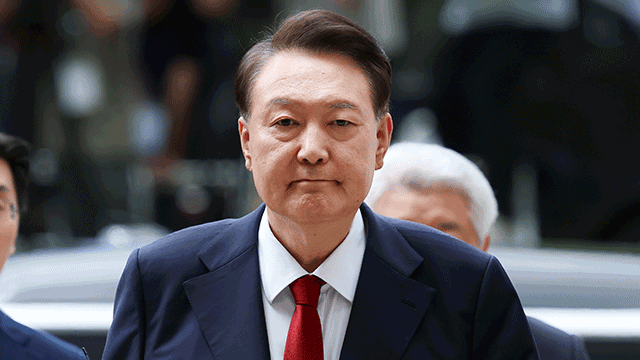
![[단독] “윤석열·김용현 등 공모해 군사상 이익 해쳐”…외환죄 대신 일반이적죄 적용](/data/layer/904/2025/07/20250714_3VTJV3.jpg)
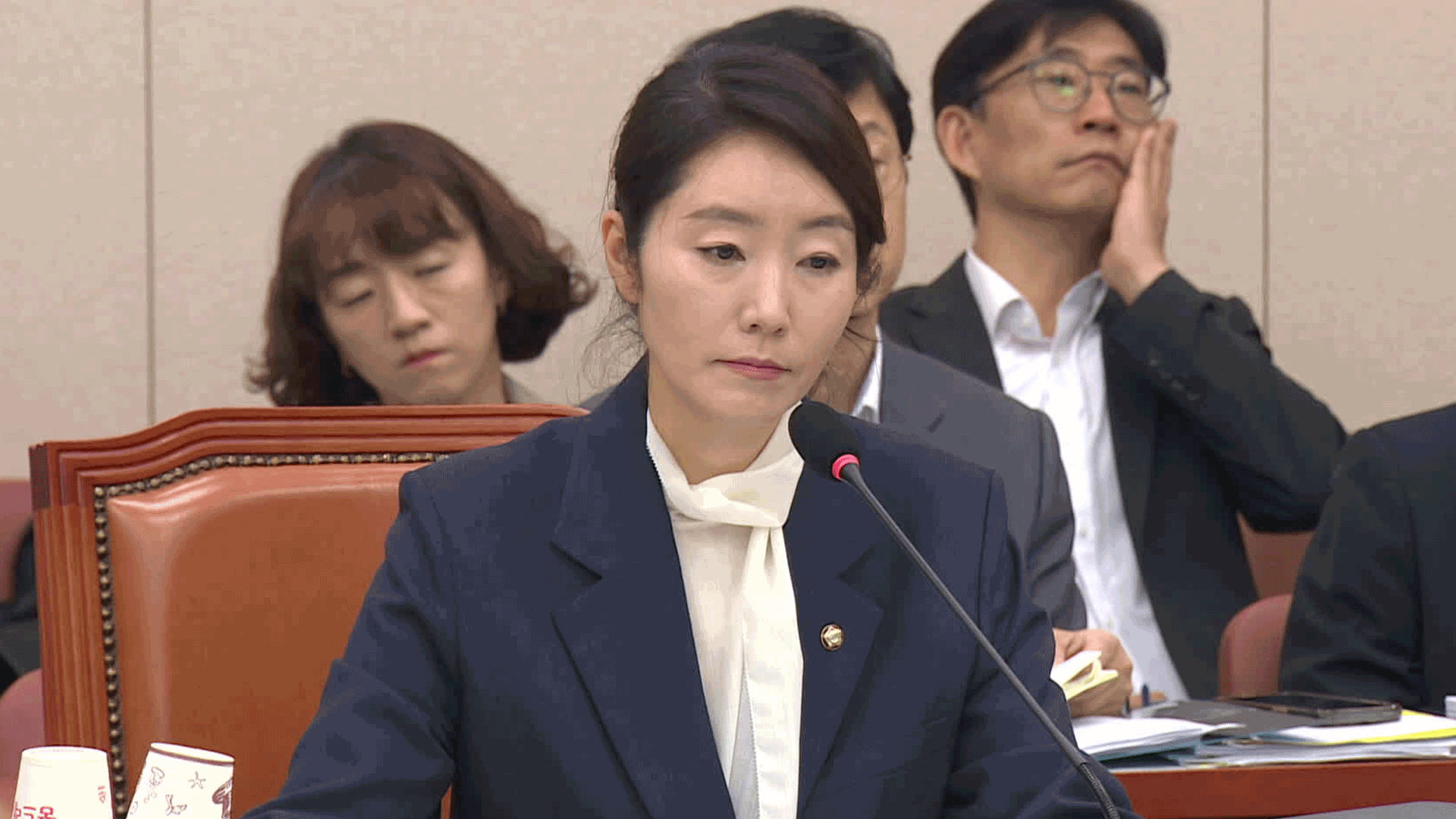
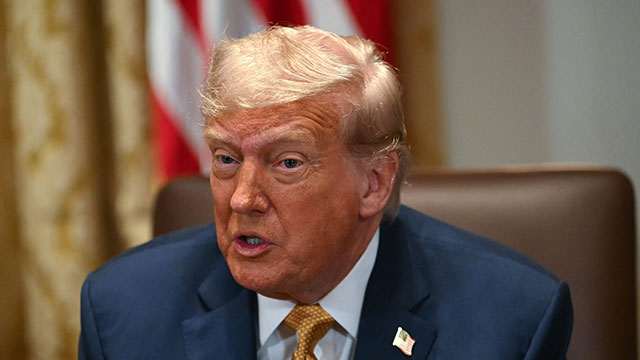

이 기사에 대한 의견을 남겨주세요.